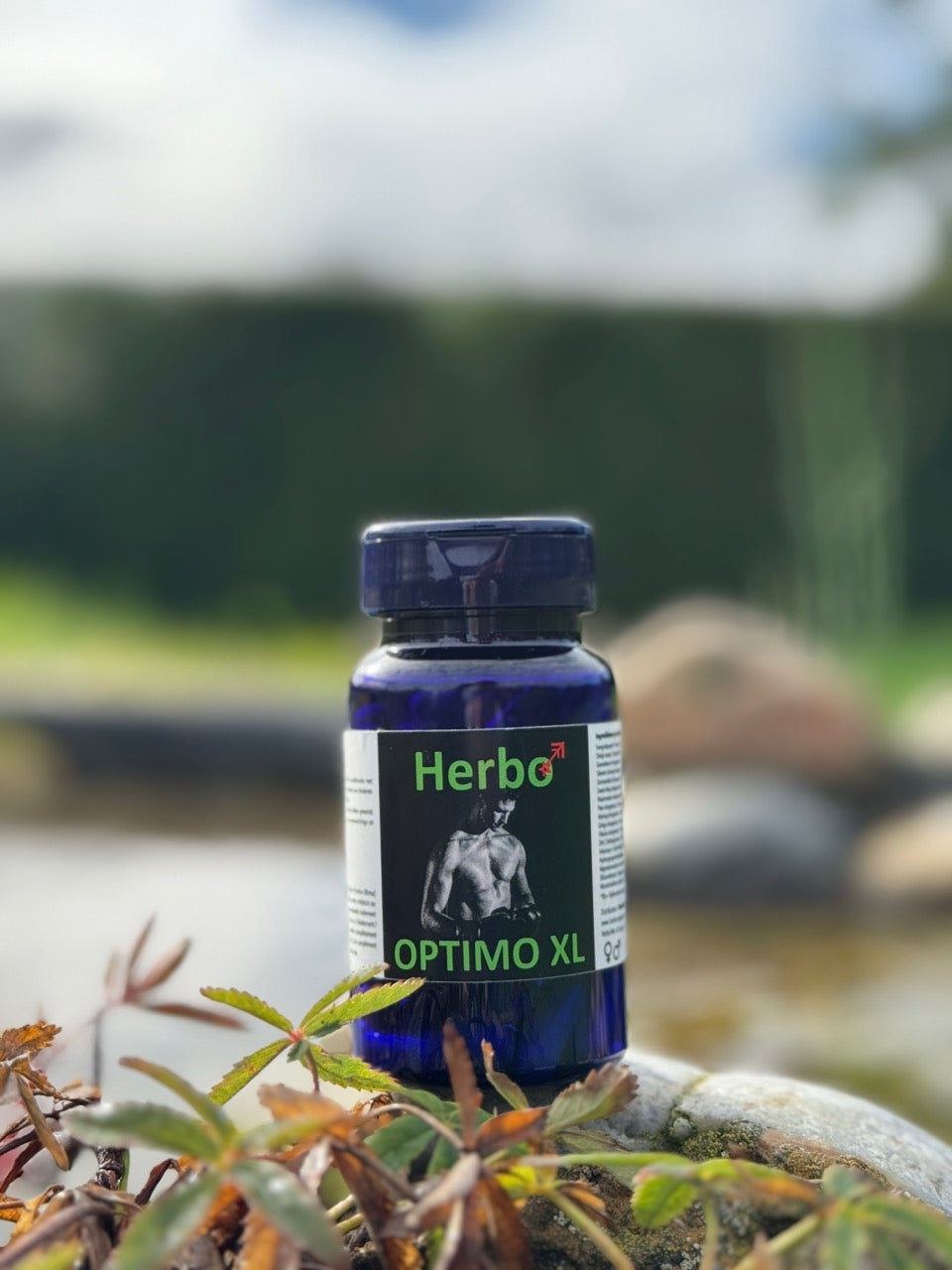Magnesium
------
Magnesium is an important mineral for your body. But what are the benefits and how much magnesium should we get through our diet? Read about it here.

Magnesium is good for your bones, muscles, and teeth, among other things.
Your body does not produce magnesium on its own, so you obtain the mineral from food.
Magnesium is an important mineral for the body. Did you know that the body contains approximately 21 to 28 grams of magnesium?
About 60% of that is in bones and teeth, 20% in the liver and tissue, and the remaining 20% in muscles.
Do you want to know what magnesium is good for? We will explain it to you!
What is magnesium?
Magnesium is a mineral that has various functions in the body. Unfortunately, minerals are not produced by our body itself.
Fortunately, if you eat according to the Wheel of Five, you get enough magnesium through your diet. Is this not possible?
Then you can take a magnesium supplement to complement your diet.
Different forms of magnesium
Magnesium is found in supplements in inorganic and organic forms. Inorganic means non-living matter. This refers to substances that, in nature, do not occur in living organisms such as plants, animals, and humans.
Organic substances, on the other hand, naturally occur in our body. They are therefore easily recognized by our intestines. As a result, our body can easily absorb organic forms of magnesium.
Inorganic magnesium supplements include magnesium oxide, magnesium hydroxide, and magnesium sulfate. These often contain high doses of magnesium.
Organically bound magnesium supplements often contain a lower dosage of magnesium but have a high bioavailability. Bioavailability indicates how well our body can absorb the nutrient.
So a relatively large amount of magnesium will be absorbed by our body when taking an organic form of magnesium.
Because organic compounds are broken down slowly, the stability of the mineral is improved. This allows the magnesium to be well absorbed in the intestines.
Organic (well-absorbable) forms of magnesium:
- Magnesium citrate
- Magnesium bisglycinate
- Magnesium taurate
- Magnesium malate
What is magnesium good for?
Magnesium is a versatile mineral that supports various processes in the body:
- It contributes to the maintenance of strong bones and teeth.
- The mineral plays a role in building body protein.
- Magnesium contributes to the production of cells and tissues.
- Magnesium contributes to extra energy during fatigue.
- Magnesium contributes to a good electrolyte balance.
- Magnesium plays a role in maintaining flexible and strong muscles.
- The mineral contributes to brain and nerve functions involved in learning ability and concentration.
Magnesium for athletes
Magnesium is a popular supplement among athletes because it helps maintain strong, flexible muscles.
Also, magnesium contributes to extra energy during fatigue. Which athlete wouldn't want that?
If you engage in intense sports, you may have a higher magnesium requirement because you demand a lot from your muscles and lose more magnesium through sweat.
That is why it is important to get enough magnesium through magnesium-rich foods such as spinach and nuts.
If desired, you can take an additional magnesium supplement; supplements contain a high dosage of magnesium and support athletes.
Magnesium during pregnancy
Magnesium is also an important nutrient for pregnant women, as the body has additional tasks to perform.
Magnesium partly supports the muscles and contributes to the production of new cells and tissues.
Also, the mineral helps with fatigue. Magnesium can therefore support during pregnancy.
Magnesium during menopause
Although magnesium does not alleviate withdrawal symptoms, it can provide support in certain situations.
Magnesium contributes to extra energy during fatigue and is good for memory and mood.
Magnesium to stay vital
As you get older, various processes in your body change.
Vitamins, such as vitamin D, and minerals, such as magnesium, can support these changes.
Magnesium contributes to maintaining healthy and strong muscles. Herbo-Ultima is designed for people who want to stay active and vital.
This dietary supplement also contains calcium and vitamin D, which, like magnesium, contribute to the maintenance of strong bones.
Where is magnesium found?
Magnesium is found in a variety of foods, such as whole grain products, nuts, vegetables, dairy products, and meat.
Magnesium sources ; Amount (mg)% RI
- Whole wheat macaroni (100 gr) – 12038%
- Spinach (100 gr) – 7724%
- Banana (1 piece) – 3611%
- Pure chocolate (25 grams) – 227%
- Cracker – 155%
Recommended daily amount of magnesium
The daily recommended amount of magnesium for an adult woman is 300 milligrams. For an adult man, it is 350 milligrams. If you eat a varied and healthy diet according to the Wheel of Five, you get enough magnesium. Sometimes this is not possible. Then you can take a magnesium supplement in addition to your diet.
Age and recommended magnesium (mg)
Children
- 6-11 months: 80 mg
- 1-2 years: 85 mg
- 2-5 years: 120 mg
- 6-9 years: 200 mg
Men
- 9-13 years: 280 mg
- 14-17 years: 350 mg
- From 18 years: 350 mg
Women
- 9-13 years: 280 mg
- 14-17 years: 280 mg
- From 18 years: 300 mg
- Pregnant women: 300 mg
- Women who are breastfeeding: 300 mg
When to take magnesium?
If you want to supplement your diet with a magnesium supplement, it is advised to take it during or after a meal. We recommend choosing a fixed time of day for this. This way, taking a supplement becomes a habit, making it less likely that you will forget.
Magnesium contributes to the reduction of tiredness and fatigue. Curious about which vitamins and minerals also contribute to this? Then also read about ijzer, foliumzuur en vitamin C.



